New Collaboration between BFREE, Penn State University, and University of Tennessee Knoxville
BFREE is excited to announce a new innovative collaboration among faculty and students from Penn State University, the University of Tennessee, Knoxville, and BFREE. The overall goal is to build on BFREE’s cacao agroforestry program by initiating science-based projects that both develop and enhance our understanding of the novel cacao-based agroforestry systems at BFREE and, more broadly, for Belize and Central America. Our hope is this new program will support sustainable development goals while conserving tropical rainforest.
Three projects have been awarded seed grants totaling almost $150,000 as part of the Penn State-BFREE Research and Education Initiative. Funding for this initiative was provided by Penn State Cacao and Chocolate Research Network (CCRN), the Hershey Company, Penn State Global, Penn State Huck Institutes of Life Sciences, Ag Sciences Global in Penn State’s College of Agricultural Sciences, and a private donor affiliated with BFREE.
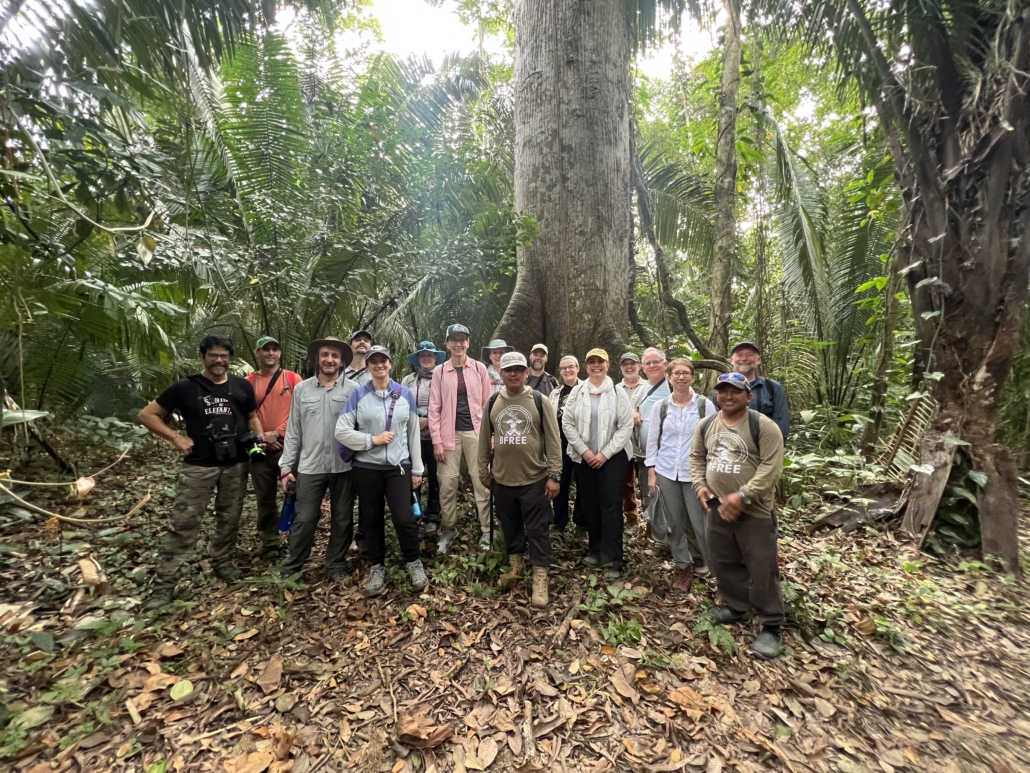
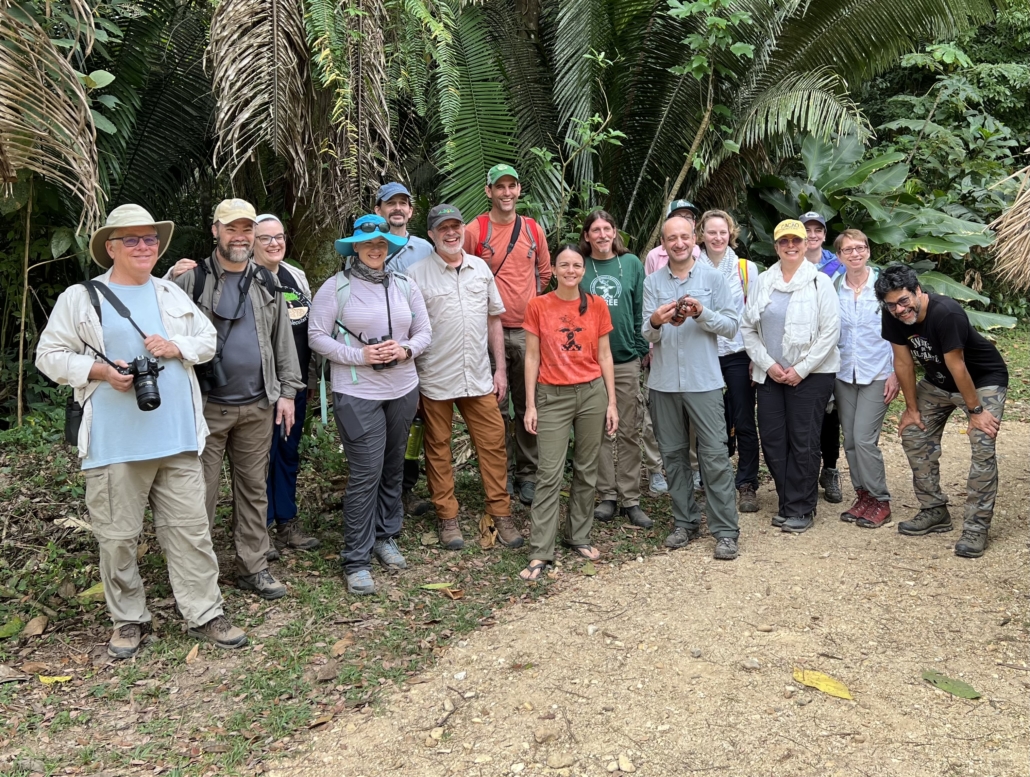
One project seeks to identify a range of woody plant species in Belize, which incorporated into future cacao agroforestry systems could bolster biodiversity, enhance ecosystem services, and increase climate resilience. An outcome of this effort will be the creation of a comprehensive resource — the “Belize Agroforestry Manual.” Designed to be practical and accessible and provide information to BFREE staff and Belizean farmers and landholders on suitable woody plant species, their uses, benefits, various practices, and adoption guidance.
A second collaboration revolves around the ancient criollo cacao varieties at BFREE. The cacao trees will be studied with the goal of developing distinctive agroforestry systems that combat deforestation and empower local communities. The project will delve into the adaptability of criollo cacao across diverse environments and its potential to preserve biodiversity.
A third project includes the expertise of Penn State, the University of Tennessee, Knoxville and international specialists in cacao fermentation. Together, they aim to unravel the mysteries behind the flavors of wild criollo cacao. This research includes sensory evaluations and a comprehensive examination of economically vital attributes like flavor and lipids. The goal is to craft fermentation and roasting guidelines that maximize flavor. Furthermore, genetic information will be connected to important commercial traits of wild criollo cacao, opening new horizons in chocolate production, which can provide insights for BFREE’s up and coming chocolate company, Crioco, as it embarks on its business venture in the near future.
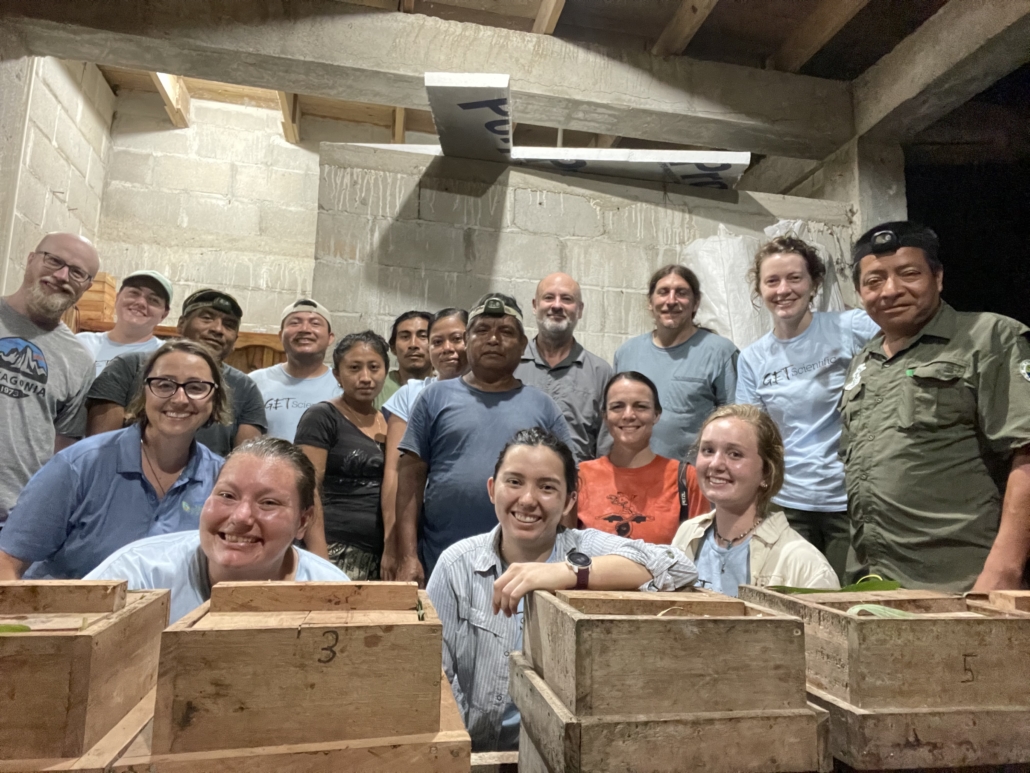
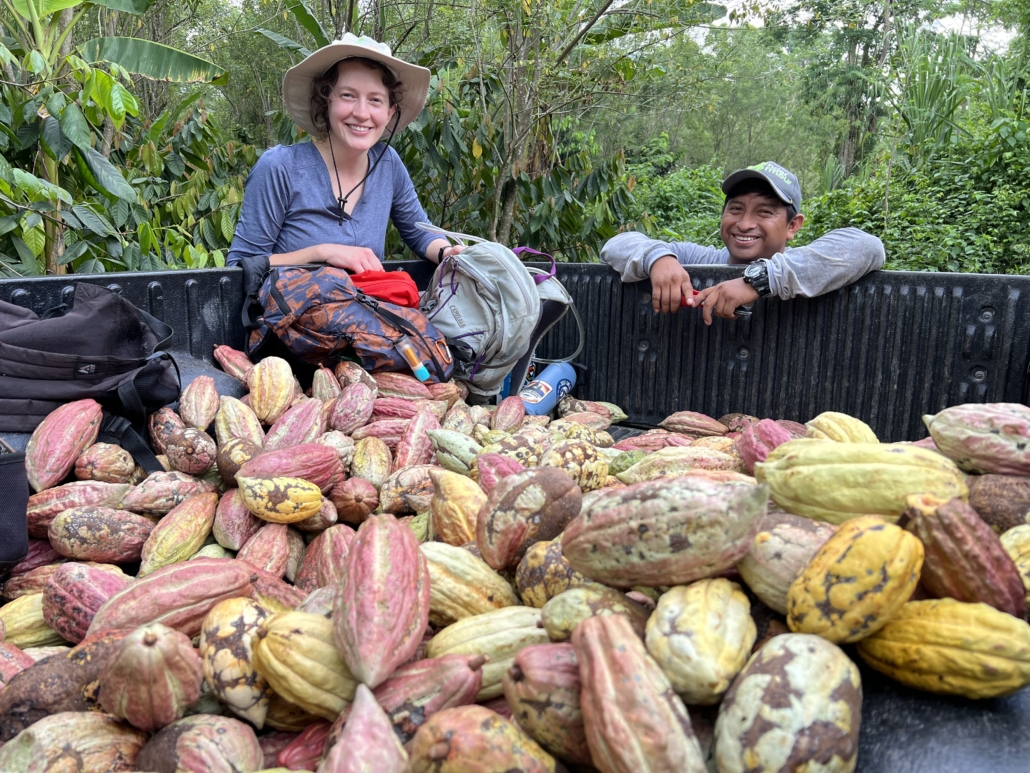
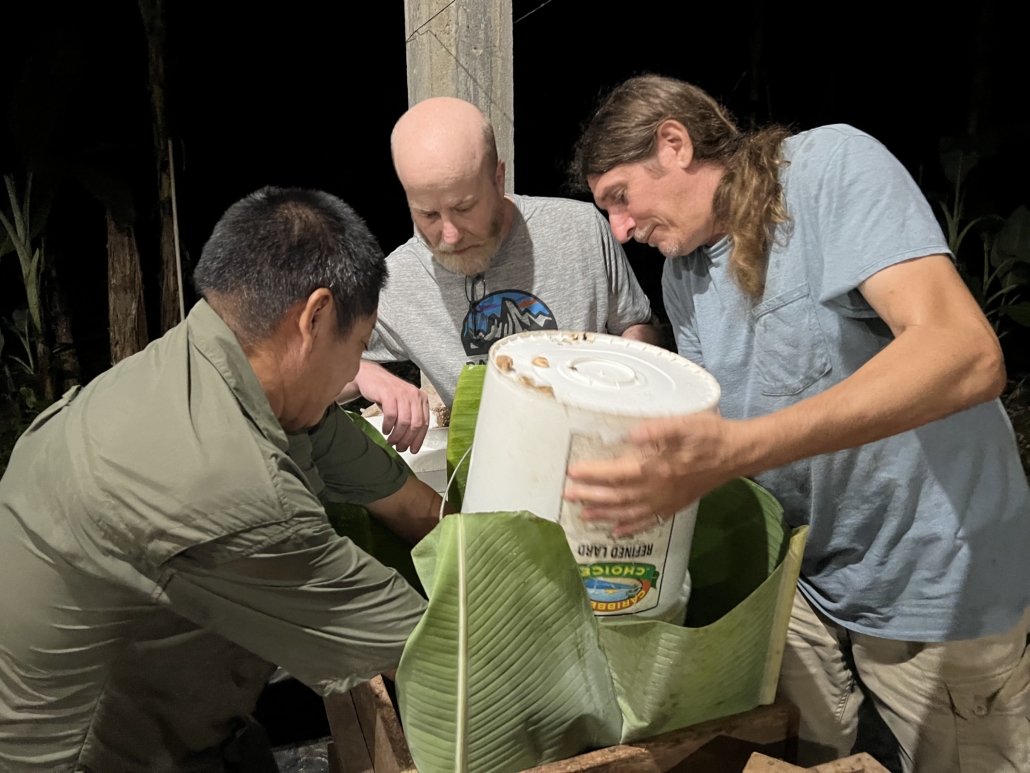
UTK PhD candidate Holly Brabazon’s research is focused on the genetics of the wild cacao trees found at BFREE. Based on previous sequencing performed by the Heirloom Cacao Preservation Fund and the
Cocoa Research Center at the University of West Indies in Trinidad, these trees were identified as pure Criollo. Criollo cacao is highly valued for its fine flavor qualities but is extremely rare in cultivation
partly because of susceptibility to modern cacao pathogens, relatively low productivity, and a long history of interbreeding with other varieties. The overall objective of her project is to provide a robust,
sustainable framework for Belizean farmers to grow this high-value, shade-tolerant, locally adapted Criollo cacao variety.
The first step will be to understand the population structure of the Criollo cacao trees at BFREE by partially sequencing the genomes of the 300 standing trees. Analyses of the sequence data will allow us to
answer several important questions regarding mating biology, pollen dispersal, breeding patterns within and among the different phenotypic variants, and recent history of Criollo cacao at BFREE. These data
will provide a foundation for a second planned study analyzing parentage of seeds to determine patterns of pollen flow throughout this population and for future genomic studies aimed at understanding or
improving various Criollo phenotypic traits of interest.
